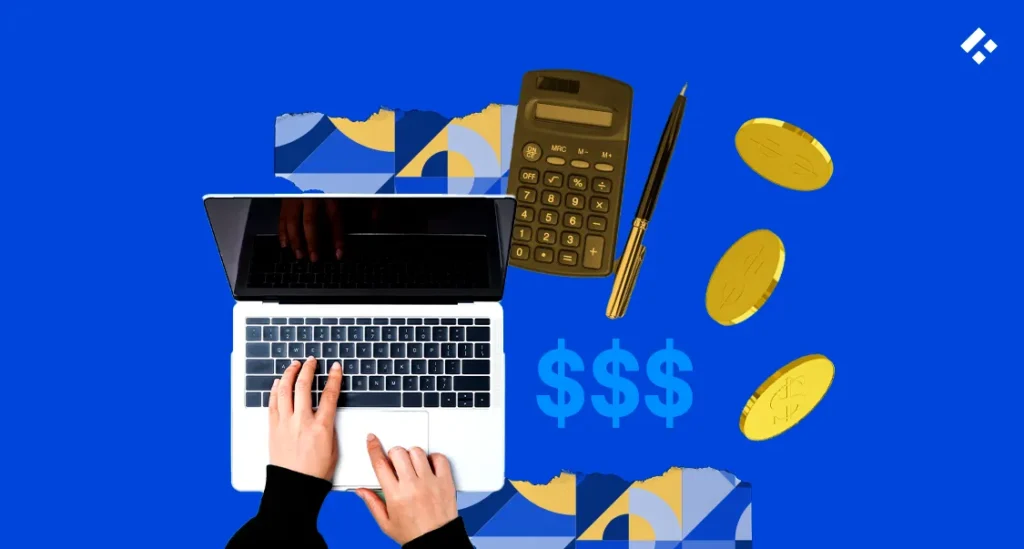Managing money in 2025 is both easier and more challenging than ever before. On one hand, rising living costs and economic uncertainty make financial discipline critical. On the other, technology has given us powerful tools that fit in the palm of our hands: finance apps. These apps are designed to help you budget, save, invest, and plan smarter so that you can reach financial stability faster.
In this article, we’ll explore the top 7 finance apps that can make you smarter with money. Each app has been selected for its unique features, ease of use, and real-world benefits.
1. Mint: The Classic Budgeting App
Mint has been around for years, and for good reason. It remains one of the most comprehensive personal finance tools available today.
Key Features:
- Connects directly to your bank accounts and credit cards
- Tracks spending automatically
- Provides real-time budget breakdowns
- Alerts you when bills are due
Why it’s smart: Mint gives you a complete overview of your financial life in one dashboard, making it harder to ignore poor spending habits.
2. YNAB (You Need a Budget): For Serious Budgeters
YNAB is more than just a budgeting app—it’s a philosophy. It encourages you to give every dollar a job and plan ahead rather than just react.
Key Features:
- Zero-based budgeting system
- Goal tracking and debt payoff planning
- Strong educational resources
- Syncs across multiple devices
Why it’s smart: YNAB helps you break the paycheck-to-paycheck cycle, which is especially useful if you struggle with impulse spending.
3. Acorns: Invest Your Spare Change
If investing feels intimidating, Acorns makes it simple. The app rounds up your purchases to the nearest dollar and invests the change into a diversified portfolio.
Key Features:
- Automatic micro-investing
- Customizable portfolios
- Retirement account options
- Educational content for beginners
Why it’s smart: Acorns allows you to start investing with almost no effort, making it ideal for beginners or anyone who wants to grow wealth passively.
4. PocketGuard: Simplifying Money Management
PocketGuard focuses on one powerful question: “How much can I safely spend today?” By factoring in your bills, goals, and income, it calculates what’s left for discretionary spending.
Key Features:
- Real-time spending tracker
- “In My Pocket” daily budget
- Goal savings tools
- Bank and card integrations
Why it’s smart: PocketGuard reduces decision fatigue by showing you exactly what’s safe to spend—no overthinking required.
5. Robinhood: Investing Made Accessible
Robinhood revolutionized investing by removing commissions and lowering barriers. It’s especially popular with younger generations who want easy access to stocks, ETFs, and crypto.
Key Features:
- Commission-free trading
- Fractional shares
- Crypto trading options
- Educational resources
Why it’s smart: Robinhood makes investing approachable for beginners, though it’s best used as a gateway to more diversified long-term strategies.
6. Goodbudget: Envelope Budgeting for the Digital Age
Goodbudget is perfect for people who like the envelope system but don’t want to carry around physical envelopes.
Key Features:
- Digital envelope budgeting
- Syncing for couples/families
- Expense tracking
- Goal saving tools
Why it’s smart: It turns the old-school, cash-in-envelope budgeting style into a digital format, making it simple and effective.
7. Personal Capital (Now Empower): For Wealth Building
Personal Capital, recently rebranded as Empower, focuses on building wealth rather than just managing expenses. It combines budgeting with investment tracking and retirement planning.
Key Features:
- Comprehensive investment dashboard
- Net worth calculator
- Retirement planner
- Smart budgeting features
Why it’s smart: For those who want to move beyond just budgeting and into serious wealth building, Personal Capital provides powerful long-term tools.
FAQs About Finance Apps
Q1: Are finance apps safe to use?
Yes. Most finance apps use bank-level encryption and two-factor authentication to protect your information. Always download apps from official app stores and verify they’re legitimate before linking accounts.
Q2: Do I have to pay for these apps?
Many apps like Mint and PocketGuard have free versions, but premium upgrades are often available. Apps like YNAB charge a subscription fee but offer more advanced features.
Q3: Can these apps replace a financial advisor?
While finance apps are great for budgeting and investing basics, they don’t replace personalized financial advice. For complex needs, a professional advisor may still be necessary.
Q4: Which app is best for beginners?
Acorns and Mint are perfect for beginners because they’re easy to use and don’t require much financial knowledge to get started.
Q5: Can I use more than one finance app?
Absolutely. Many people use Mint for budgeting, Acorns for micro-investing, and Robinhood for active trading. The key is not to overwhelm yourself.
Conclusion
In 2025, managing your money without technology is like trying to navigate without GPS—it’s possible, but unnecessarily difficult. Finance apps give you control, clarity, and confidence when it comes to budgeting, saving, and investing. Whether you’re just starting your financial journey or looking to grow your wealth, the top 7 finance apps listed here can make you smarter with money.
Start small by downloading one or two, and let them guide you toward financial freedom.
For more resources on personal finance and investing, check out:


